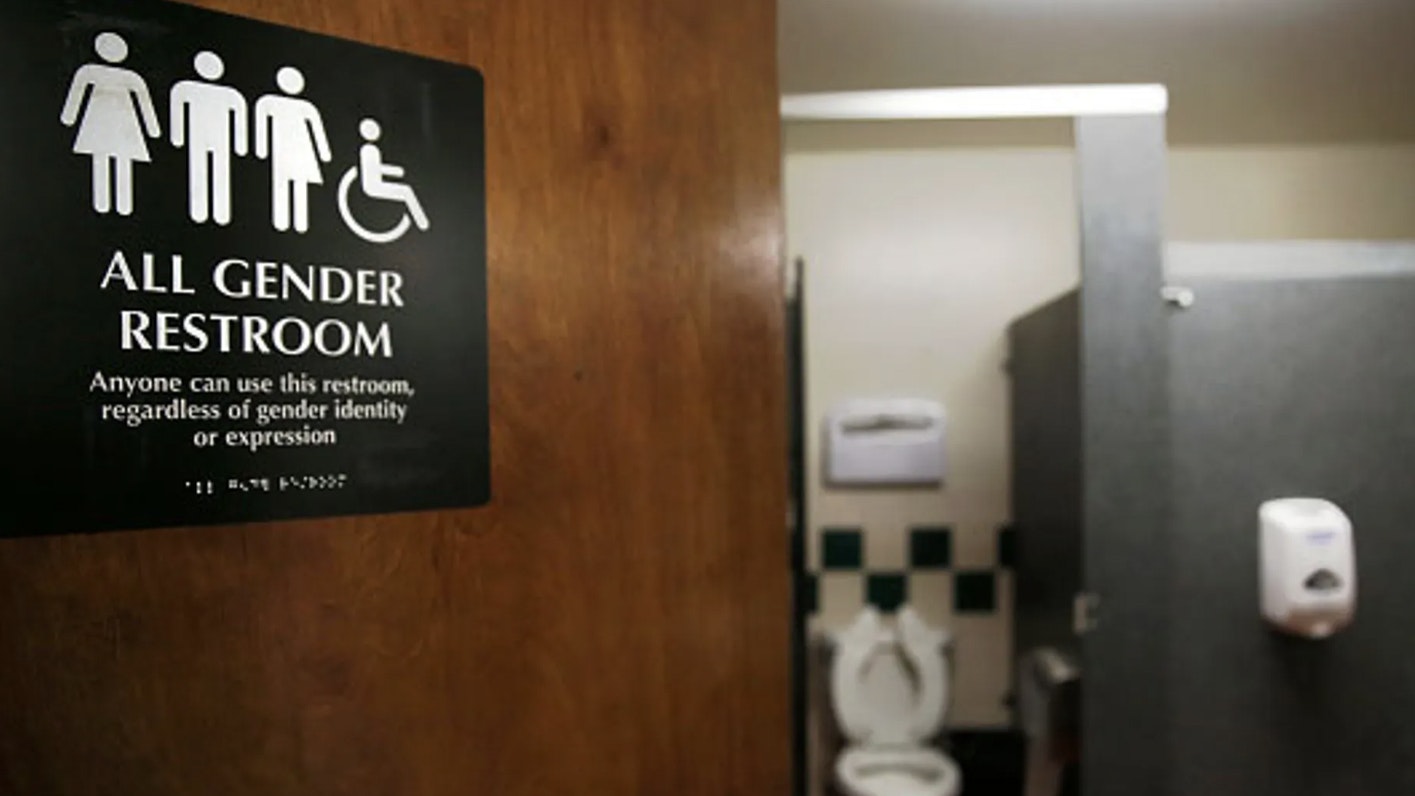A federal agency being sued for its transgender-rights policy promised in a public court filing last week that it is not trying to take away public schools’ lunch money, mandate alternate pronouns, or mix bathrooms and sports.
The U.S. Department of Agriculture (USDA) this year dispatched new guidelines and policies linking its Food and Nutrition Service funding to compliance with a new interpretation of civil rights laws, listing transgender and gay individuals as federally protected groups.
Because the Wyoming Department of Education receives about $40 million annually in Food and Nutrition Service funding, it fell under the new policy.
A coalition of 22 states, not including Wyoming, sued the USDA in July following the agency’s announcement of the new policies. The states said they would not deprive LGBTQ individuals of USDA meals, but they saw the new federal policy as a form of overreach.
The states alleged that the policy could open school sports and bathrooms to cross-gender inclusion.
Wyoming did not join the suit against the USDA because the state has no current laws conflicting the agency’s new guidance, Gov. Mark Gordon’s office told Cowboy State Daily Aug. 1.
The USDA filed a counter-argument on Friday, saying that the states have no case against the USDA or its new policy, particularly if they don’t intend to deprive LGBTQ individuals of federally-funded meals.
“USDA has merely issued interpretive documents, related to food and nutrition assistance programs, that remind stakeholders of the meaning of sex discrimination under Title IX,” the agency wrote.
State departments and others receiving USDA funding would be at risk of losing meals funding if their stance didn’t echo the USDA’s, the agency said, but that risk would only come after a lengthy attempt at reconciliation.
‘Vulnerable Populations’
The USDA argued in its counter-filing that the states should not fear forced bathroom or sports inclusion across genders, nor forced pronoun usage for teachers and other school staff.
The agency also said the states did not demonstrate any real harm done by the new policy, and did not exhaust all other remedies to the disagreement before seeking the court’s help.
The USDA’s stance is in the public’s best interest, the agency claimed.
“The primary intent of the (policy)… is to protect individuals eligible for USDA-funded programs… from being denied access to those programs because of their gender identity and sexual orientation,” the agency wrote. “The States disavow engaging in such discrimination in the administration of those programs. The equities and public interest weigh heavily in favor of the government’s ability to protect vulnerable populations … under civil rights laws.”
Although the USDA said its new policy would not require preferred-pronoun use in public schools, the agency also said the states have no right to launch a First-Amendment argument, because the states are governments, not citizens protected by the First Amendment.
Landmark Case
Before 2020 case Bostock vs Clayton County, most agencies interpreting the Title VII civil rights law could treat “sex” as a biological situation, but the Bostock court ruled that sexual orientation and gender identity are also bound up in the definition of “sex.”
The ruling made it illegal to fire someone based on their gender identity or sexual orientation.
The USDA took that ruling and applied it to a different portion of federal law: the Title IX civil rights statutes pertaining to schools.
Those suing the USDA argued that using a court’s Title VII interpretation to impose Title IX was inappropriate. The USDA countered in its recent filing, saying the wording in the two civil rights clauses is similar enough to apply the Bostock ruling to schools’ nondiscrimination policies under Title IX.
The states have until Sept. 23 to respond to USDA’s rebuttal.





